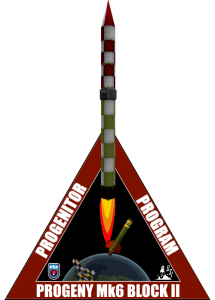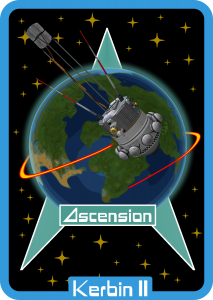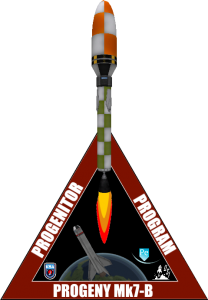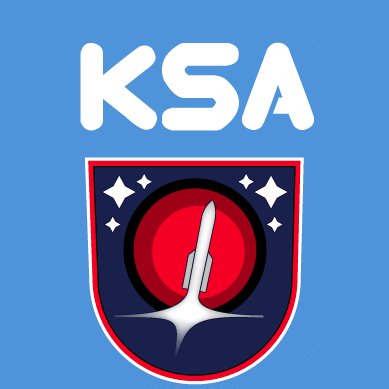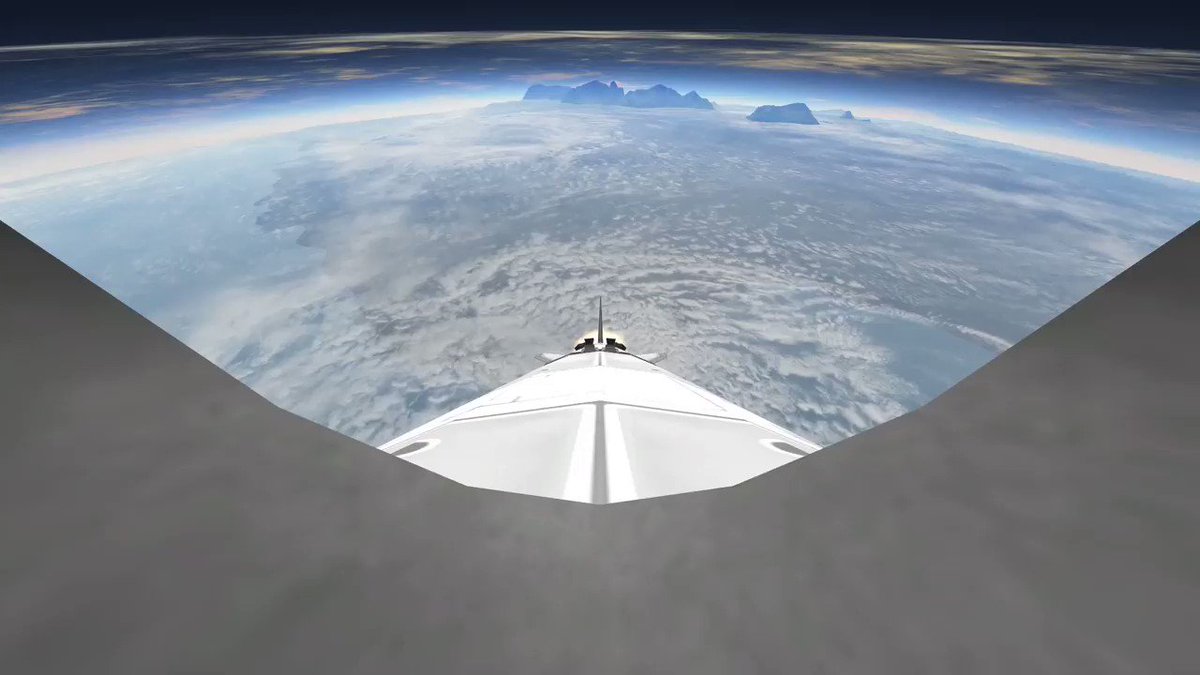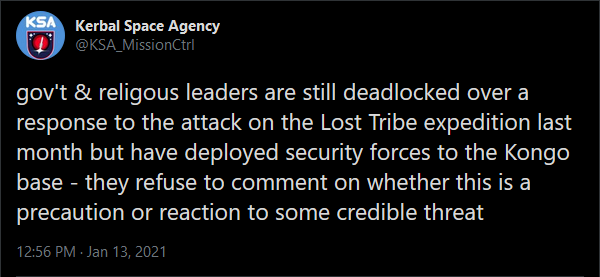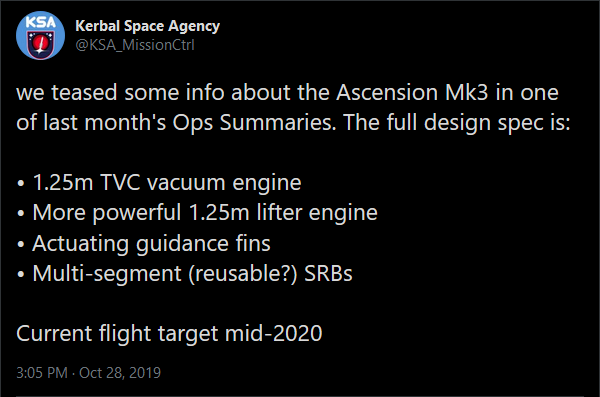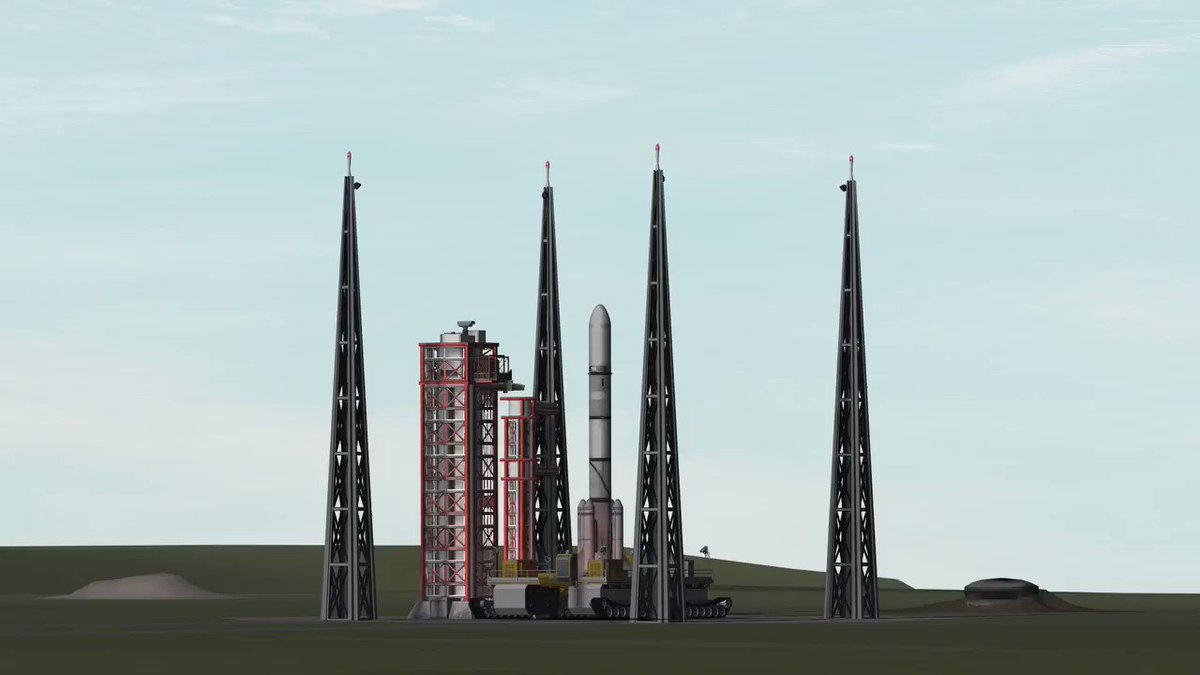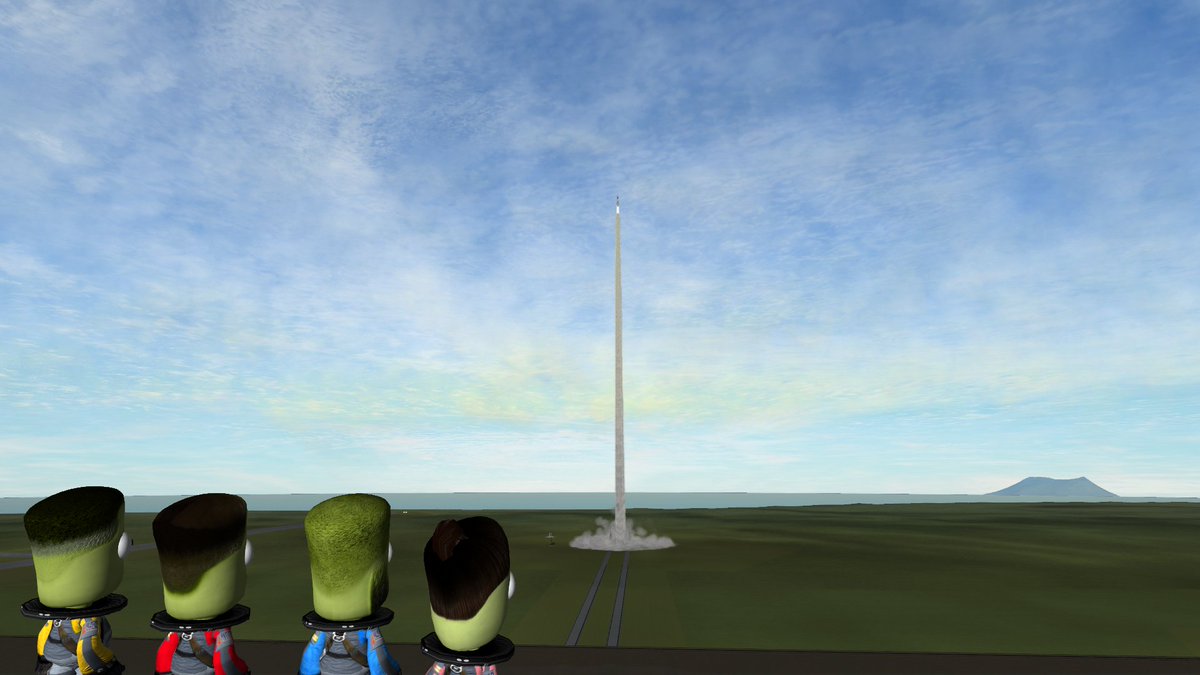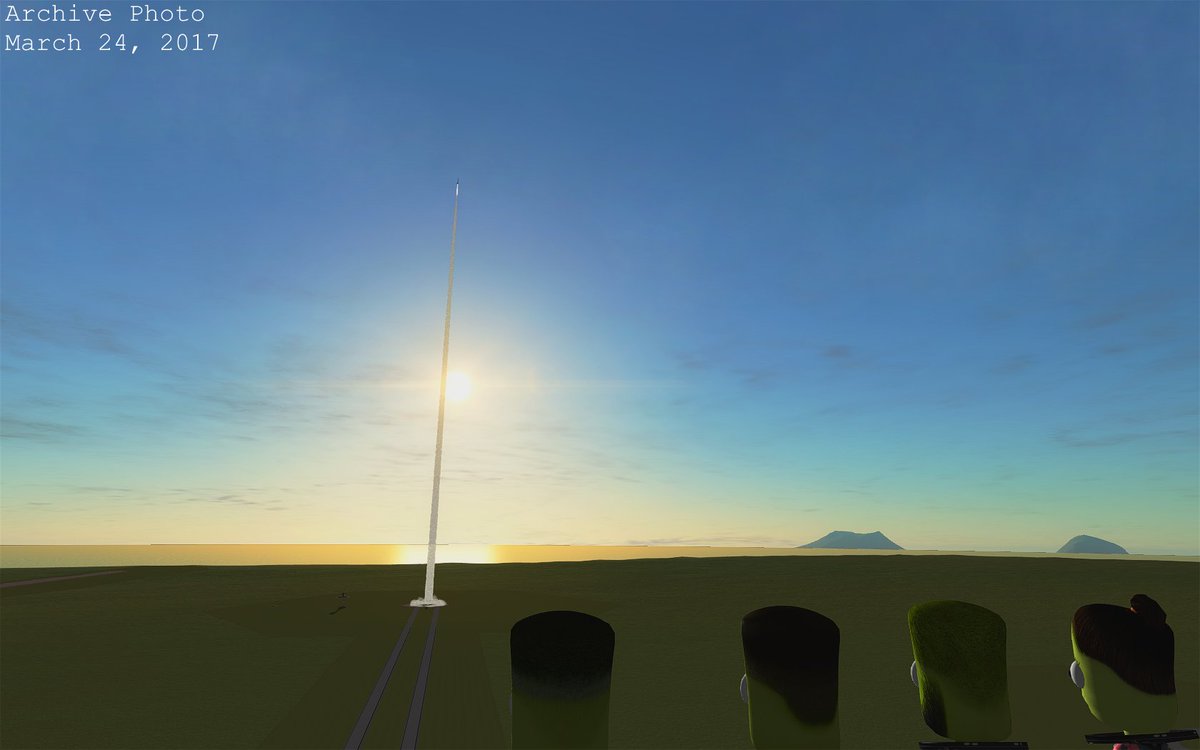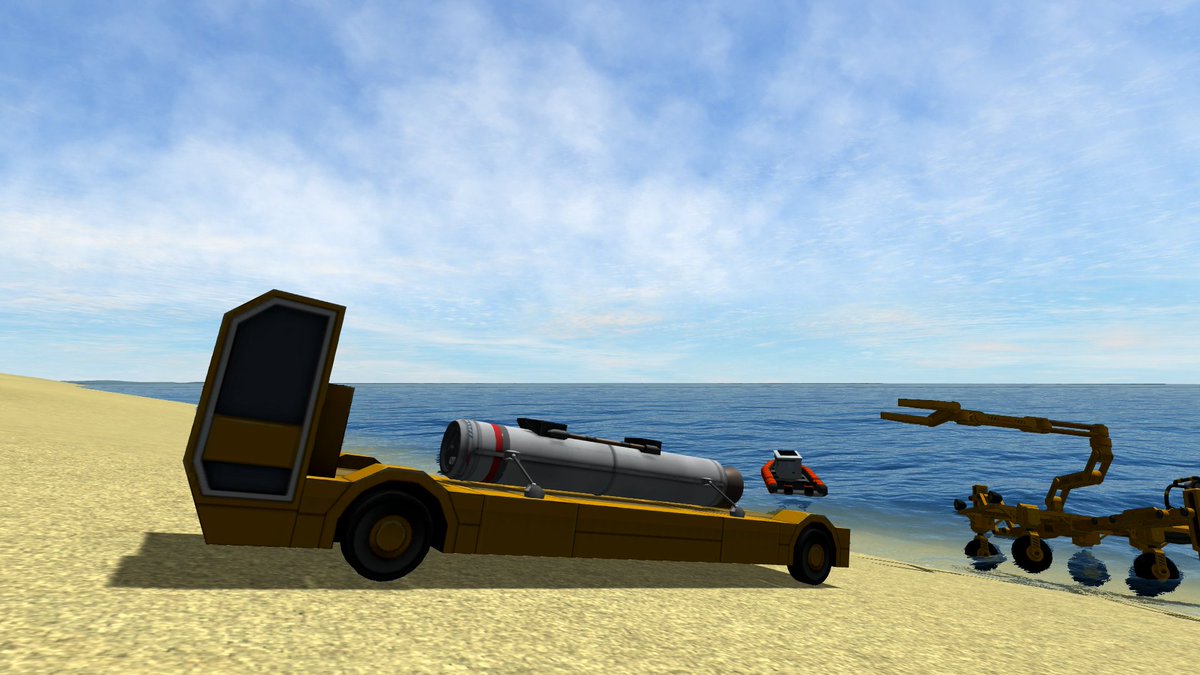This was supposed to be an update to continue the KSA plot but that was when I was considering returning to this project later this year. Now I don’t think I am.
The original plan last year was to take a few months off. Then a few months turned into a year. I moved twice in that time before finally ending up homeless just last month. This wasn’t an unforeseen development however so I’ve been able to pack all my things away into a 10×15′ storage unit that I now live out of. I can’t sleep there though so I have a tent pitched in my friend’s backyard and have been sleeping there the past month. I have recently acquired a conversion van from another friend who built it into a live-in vehicle.
This all sounds pretty depressing but what I’m actually doing is by choice to save money since I refuse to participate in this bonkers housing and rental market. Despite having good credit and no debt, I’m currently not making enough to afford $800-1000 (at least) in rent or even more for a mortgage when I factor in food, gas, monthly subscriptions, etc.
I could work more I guess, but I’m far from bored. I’ve got countless TV shows and movies to catch up on, 2-3 years of magazine back-issues across 12 subscriptions, an entire library of Star Wars books to read (never read some of them and never read all of them straight through in order) – the one and only thing I cannot do is setup my desktop computer. And I don’t feel like getting a third job (the other two I have are both part-time) to make enough money for a house to just use my desktop. Plus I have two more big 30+ day road trips to save up for and execute as well.
So the KSA remains in limbo for the foreseeable future. Good news is that I spent the months following the operations pause doing a full review of the entire KSA history – I made sure I know what major plot points are still open, took note of any plot holes I managed to introduce (not too many, all things considered *pats self on back*), technical/factual mistakes, went through the Ops Tracker and made a lot of fixes to mission details and consistent presentation and compiled a full timeline of how the Monolith has affected things for the KSA. I’ve also done a full review of every post and page on the website to ensure that all formatting is consistent and to find and fix any plot flaws/typos. So the entire project up to the pause in Feb 2021 is in pristine shape to serve as a historic reference for anything that happened to the KSA during that time (I am really annoyed about the lack of future support for embedded timelines tho).
I also know what happened to cause the KSA to pause operations and what’s been going on in the time since. I’ve already made plans for plots to introduce the new planetary terrain and scatter system as well as the volumetric clouds that are being worked on for KSP1. I even know what to do for a transition from KSP1 to KSP2. Arrowstar is still working on improving and expanding his launch and mission planning tool, there’s finally good support for rocket sounds and plumes and let’s not forget about that weather modeling system. Plenty of cool things for me to come back to – eventually!
Of course, plans can continue to change but I feel it’s finally time to post something for an update. Hopefully in time I will have the opportunity to resume this project where I left off. Thanks to everyone who has followed along over the years.
Oh and if anyone is annoyed that I left my Patreon active this entire time know that I made $0 from it – all proceeds went to LinuxGuruGamer to ensure all the mods I relied on remained updated.







